Agronomy Alert: Poor Wheat Stands in Late Planted Wheat
Posted by Dave Dyson, Agronomist on March 25, 2022

Scouting fields recently, I have encountered less than ideal wheat stands. As I scout, I evaluate the stands and discuss whether to keep the wheat field or use it as a cover crop and plant another crop into it later this spring. The wheat fields I have been looking at this morning were planted after Halloween last year. In my experience, Halloween has always been a cut-off date for planting, but with the price for a bushel of wheat over $8 last November, some growers rolled the dice and planted wheat. These late-planted wheat fields do not look good and the weed pressure is starting to smother out the crop. The saving grace for these fields is that July wheat is now trading above $10 per bushel, creating a good case to save these wheat fields.
In the fields I’ve scouted, the wheat plant is there and growing, but it did not tiller over the winter because of the late planting. In a study conducted in Egypt in 2010, Figure 1, the addition of zinc increased tillers in wheat. My recommendation is to increase your application rate of 28%, add UltraMate® Zn, and apply a good quality herbicide that will not restrict planting soybeans or corn. When you apply UltraMate Zn you will be receiving the benefits of both humic acid and zinc. If the stand does not improve, consider planting no-till corn right into the wheat and treat the wheat as a cover crop. If UltraMate was used the nitrogen will be protected and be available for the corn crop.

Figure 1: This study shows an application of foliar zinc increased the number of spikes or tillers per square meter by about 120 and the number of grains per spike or tiller by about 6.
For more information, please contact your local Territory Manger or complete this form.

Dave Dyson is a regional agronomist for The Andersons’ Farm Centers which are located throughout Ohio, Michigan, and Indiana. He is an Indiana native and grew up on a dairy farm in Miami County. A graduate of Purdue University with a degree in Crop & Soil Science, Dave has a deep knowledge of various agronomic topics and is committed to helping growers improve their crops. If you have any questions, Dave can be reached at david_dyson@andersonsinc.com.
©2022 The Andersons, Inc. All rights reserved. UltraMate Zn is a registered trademark of The Andersons, Inc.



